 Been a bad few days in the Black Sea Region. Weather has been at an extreme.
Been a bad few days in the Black Sea Region. Weather has been at an extreme.My good friend PC Liu of Freaque Waves also has a commentary on the storms.
First, parts of England were almost washed away by 100 year storm surges. Now as reported by CargoLaw, Five ships sunk in Kerch Straight storm - 23 people missing Russian tanker M/V Vologneft-139 tore apart and sank in heavy weather spilling 1,300 tonnes of fuel oil into the Black Sea on Nov. 11.
Four other cargo ships including three carrying sulphur also sank as winds of up to 108 kilometres (67 miles) an hour battered the Kerch Strait separating the Black Sea from the Sea of Azov. Forty vessels were evacuated from Kavkaz, a busy Russian commercial port some 1,200 kilometres (750 miles) south of Moscow, officials said.
(Photo above - People look at a ships thrown on the rocks by fierce storm in the Kerch strait linking the Black and Azov seas in this image made from television broadcast Sunday, Nov. 11, 2007. Massive waves split a Russian oil tanker in two during a fierce storm, spilling at least 2,000 metric tons (560,000 gallons) of fuel into a strait leading to the Black Sea. The 8-meter-high (18-feet) waves also sank two Russian freighters nearby, in the Strait of Kerch, a narrow strait linking the Black Sea and the smaller Sea of Azov to the northeast. The two ships together carried about 6,500 metric tons (7,150 tons) of sulfur, said Russia's Emergency Situations Ministry. (AP Photo/Rossiya TV Channel)
 | ||
A map locating the Kerch Strait -- between the Black Sea and the Sea of Azov |
Ten others were forced to stay in the port because of the storm. Some 300 kilometres further west, high winds sank another cargo ship with 17 sailors on board. Two were rescued and 15 crew reported missing. M/V Kovel, carrying sulphur, sank after hitting another Russian cargo ship, M/V Volnogorsk, which also sunk in the five-metre high waves and raging winds. From our Sr. Correspondent Tim Schwabedissen (Sun. Nov. 11 2007).
 Kabardinka, 19 miles southeast of Russia's Black Sea port of Novorosiisk, in this television grab November 11, 2007. REUTERS/RVN Television" border="0">
Kabardinka, 19 miles southeast of Russia's Black Sea port of Novorosiisk, in this television grab November 11, 2007. REUTERS/RVN Television" border="0"> A vessel is seen after it ran aground near the settlement Kabardinka, 19 miles southeast of Russia's Black Sea port of Novorosiisk, in this television grab November 11, 2007. REUTERS/RVN Television.

A crew member from the stranded Russian cargo vessel Vera Voloshina is evacuated by line Sunday by the Ukrainian rescue service on the coast near Sudak, Ukraine.


MOSCOW. Nov. 11 (Xinhua) -- A Russian oil tanker split in half in a fierce storm in the Kerch Strait leading to the Black Sea on Sunday, spilling at least 2,000 tons of fuel oil, Interfax reported."It is a large-scale environmental disaster which will take a long time to deal with. But in a year, and even in a more distant future the impact of the damage will be felt," Interfax quoted Vladimir Slivyak, head of the ECO-Zashchita, a public environmental protection watchdog, as saying.
The storm, with wind blowing at over 18 meters per second, has torn a barge, the Demetra, loaded with 3,000 tons of fuel oil, from its anchor and is carrying it away, Interfax reported on Sunday afternoon, citing an emergency headquarters spokesman from Port Kavkaz.
The storm has also sunk two Turkish freighters and another cargo ship which was carrying over 2,000 tons of sulfur, local emergency department sources said
Latest Situation Update:
Russia Krasnodarskiy Krayjkk Black Sea / Near Port Kavkaz
Situation
More than 30,000 birds have been killed by the thousands of tons of oil that leaked after a heavy storm broke a tanker apart near the Black Sea, the governor of the disaster-hit region said Monday, according to Russian news agencies. Countless other birds, weighed down by thick coatings of the fuel oil, hopped weakly along the shore or sat helplessly in the sand. Workers with pitchforks and shovels started the backbreaking labor of gathering up vast clumps of oil mixed with sand and seaweed. The spill from a tanker that split apart Sunday in the strait connecting the Black and Azov Seas is seen as potentially the worst environmental disaster in the region in recent years. It prompted criticism that many Russian tankers aren't seaworthy. "Some 30,000 birds have died and it's not possible to count how many fish. The damages are so great that it's hard to assess. It can be equated with an ecological catastrophe," said Alexander Tkachev, the governor of the Krasnodar region, according to the Interfax news agency. Another regional official, Sergei Zaitsev, was quoted as saying that much of the oil still on the water's surface could congeal in the wintry temperatures, forming globs that drop to the seabed.
Russian President Vladimir Putin ordered Prime Minister Viktor Zubkov to fly to the region to assess the disaster and clean-up efforts. As many as 10 ships sank or ran aground in the storm, including the freighter Nakhichevan, which broke up and spilled a load of sulfur, officials said. The bodies of three sailors from the Nakhichevan washed up on shore Monday and rescuers were looking for five missing crewmen, said Emergency Situations Ministry spokesman Sergei Kozhemyaka. Two other freighters carrying sulfur also sank. Russian environmental officials said the sulfur spilled from the freighters did not appear to pose any environmental danger. Jim Farr, a chemist with the U.S. National Oceanic and Atmospheric Administration, compared the spill to dumping a load of sand in the water and smothering a reef, or covering a patch of grass with a blanket. However, he said that it was difficult to know the long-term effects without better knowledge of the area's depth and currents.
The Volganeft-139 tanker was carrying about 4,800 metric tons (1.3 million gallons) of fuel oil when the storm sundered it. About half its load has leaked out already, officials estimated. The craft's 13 crew members were rescued. Alexei Knizhnikov, head of the World Wildlife Federation's Russian oil and gas program, said the Volganeft-139 was constructed for river use and was unfit to endure severe weather at sea. "In the Kerch Strait, river vessels and sea vessels change cargoes, as sea vessels cannot enter the Don and Volga rivers because of small water draft. But vessels constructed for rivers cannot stand strong sea storms," he said. Anatoly Yanhuck, a regional coast guard officer, said workers would begin pumping oil from the tanker once the weather improves, then tow the ship to port. Investigators would be looking at the actions of the ship's captain, but he said the weather appeared to have been worse than forecast.
Vesti 24 television on Sunday reported the sinking of a Russian freighter carrying metal near the port of Sevastopol on Ukraine's Crimean Peninsula. Two members of its 16-man crew drowned and one was missing, it said. Maxim Stepanenko, a regional prosecutor, told Vesti 24 that captains had been warned Saturday about the stormy conditions. He said the Volganeft-139 — designed during Soviet times to transport oil on rivers — was not built to withstand a fierce storm.
RS

































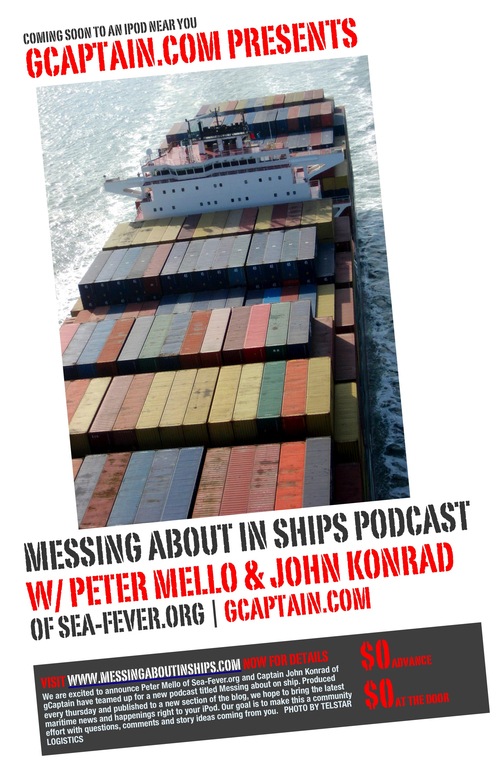
























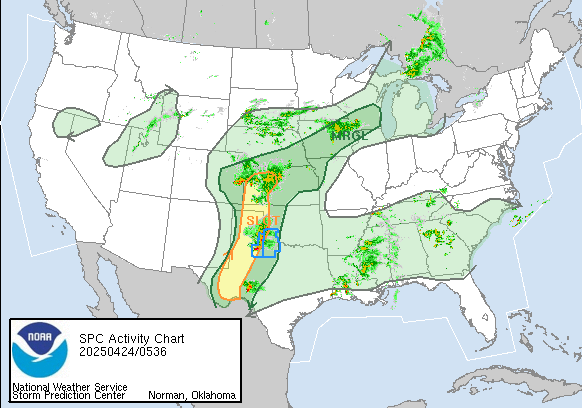
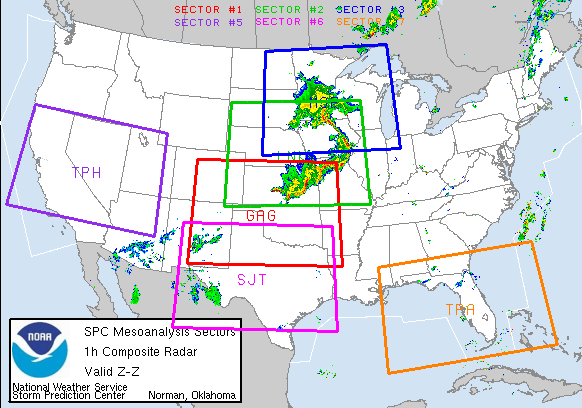














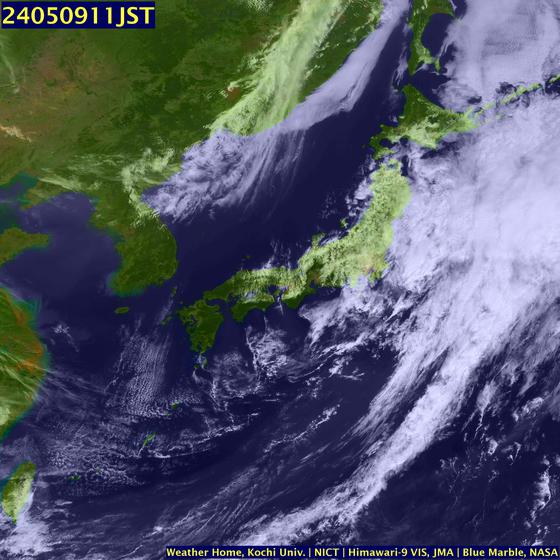

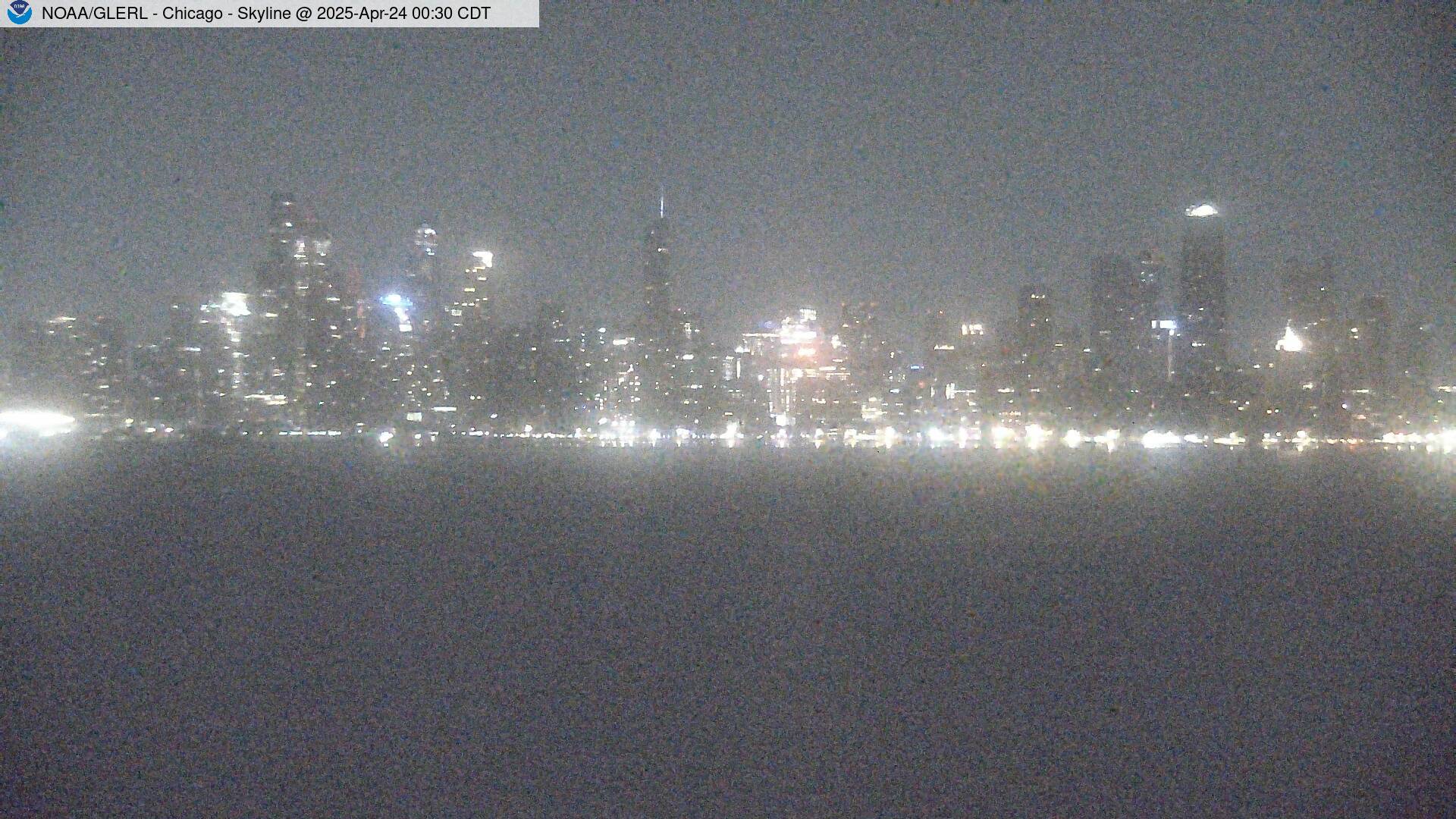











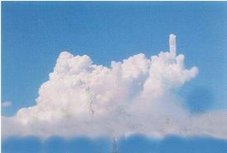
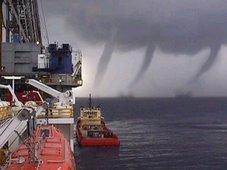
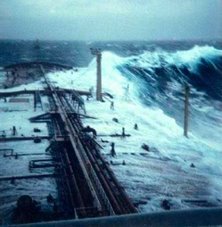
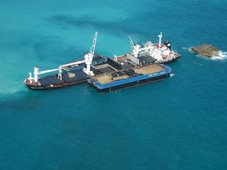
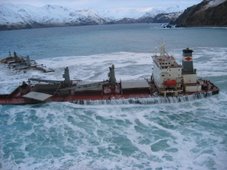
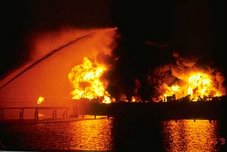
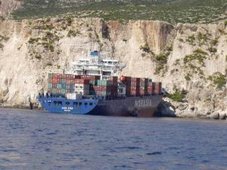
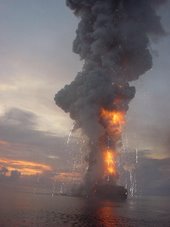



![Validate my RSS feed [Valid RSS]](valid-rss.png)